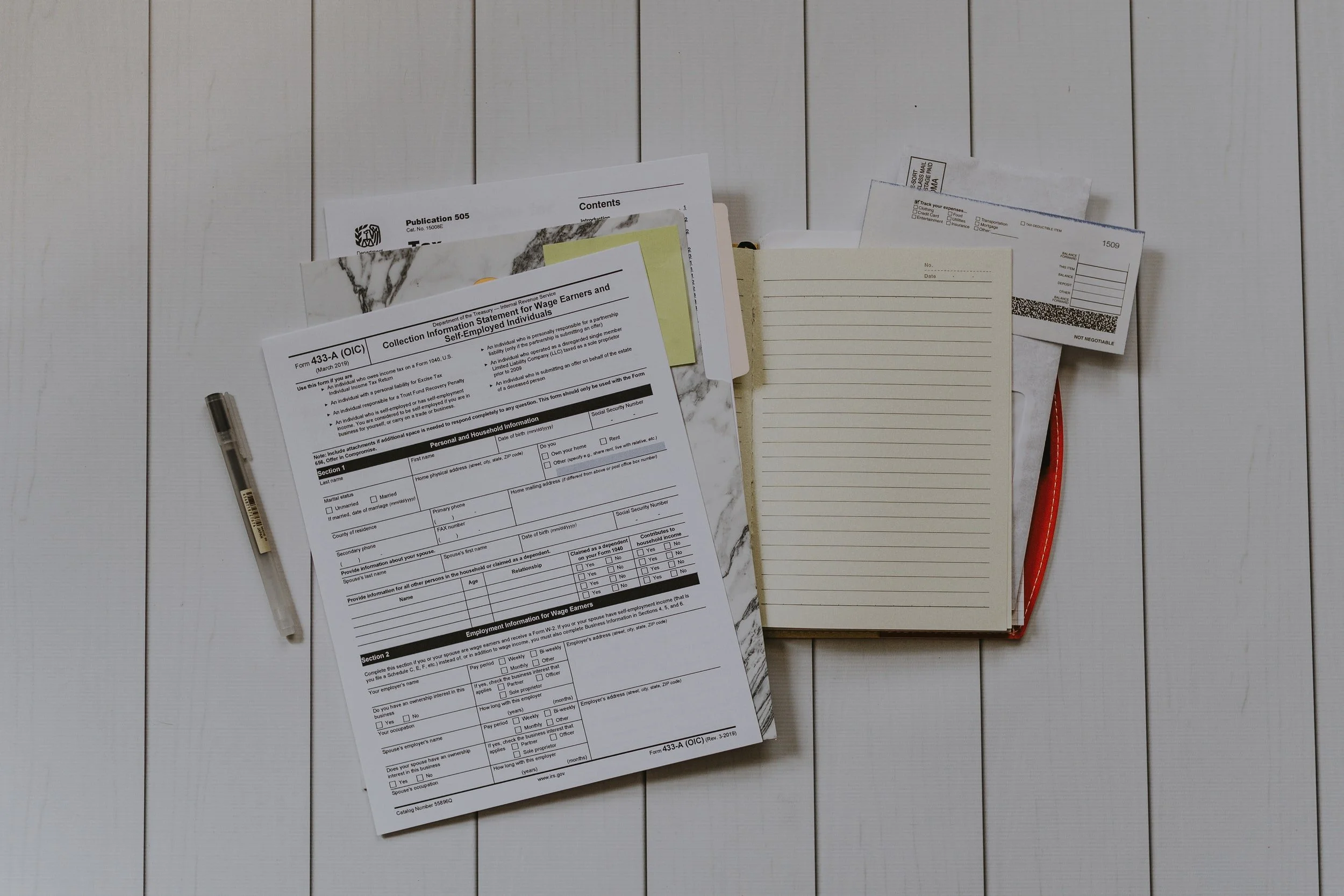Business owners can save a lot of money by making adjustments to the way they operate. Discover three steps you can take to reduce your expenses, regardless of the sector in which you’re engaged.
Read MoreUnreliable equipment can be the death knell for a business, with the costs of equipment failure and downtime tricky to accurately predict and calculate.
What then, are the best practices your business can adopt to calculate the actual cost of equipment failure?
Read MoreNo business wants nasty surprises. So, when an adverse incident means you need to claim on your insurance policy, we will manage the process on your behalf.
Here’s a six-step overview of what happens from go to whoa once we lodge a claim for you.
Read MoreWhether you currently run or are looking to start a business, consider if you've got the best-fit business structure to suit your needs.
This article will explore the pros and cons and explain how insurance cover differs between sole traders and companies.
Read MoreAs the temperature dips, how prepared is your business for winter operations? We’ll outline the range of risks the colder weather brings and how to minimise them. It’s also timely to review your insurance cover.
Find out more here>
If your business received COVID-19 support payments, such as from the Federal Government’s $90 billion JobKeeper program, you may face an ATO tax audit. That office is expected to focus on employer obligation audits and reviews this year. At the height of the pandemic between April and September last year, 3.6 million workers received the JobKeeper wage subsidy.
Find out more here>
Underinsurance is more common than you think. Industry figures show up to 62% of small-to-medium-sized businesses don’t have correct-value insurance.
Find out more here>
With builders’ risks escalating and an increasingly tougher regulatory environment across Australia, how can construction contractors protect against potential liabilities and losses?
Read MoreWith 2021 now in full swing, how can you build higher productivity in your office? Try these simple fixes.
Read MoreWouldn’t it be simpler and easier if you could insure your whole business with a single policy? Here's how.
Read MoreA probation period serves several purposes – as an employer, a probation period allows assessment of the employee's fitness and suitability for the position and business. It is also a period of training, coaching, ongoing assessment and possibly at times, time for correction. For the employee, it is a time they can assess whether the position and business are really what was expected and, if not, they have the option to resign.
Read MoreIn an unpredictable business environment, such as during the COVID-19 pandemic, it can be difficult planning to eliminate, minimise or control risks to your operations. This article offers four types of insurance that can help you deal with uncertainty. Find Out More Here
Read MoreWith about 60% of targeted attacks on small-to-medium businesses, cyber security should be a top priority. This year, we expect to see many Australian businesses tackle the following top four cyber threats, as part of best practice data protection. Find Out More Here
Read MoreMost businesses use social media as a marketing tool and despite its broad acceptance, business owners and managers need to understand and manage the risks that come with the use of social media in the workplace.
Read MoreSome new businesses underinsure, or shirk insurance altogether, but managing your risk profile is a top priority - only 54% of new businesses make it to year 5.
Read MoreBusiness owners expend considerable cost and energy in protecting the reputation of their business. Employees who are engaged become very effective ambassadors for your business – they want to promote your business, its products, services and its branding. How can you support the engagement of your employees?
Read MoreWhat should I know if I want to ‘close down’ my business for brief period?
Read MoreHas COVID-19 made you unsure about managing the risks of owning an investment property? This article will update you on what landlord insurance will and won't cover in light of COVID-19.
Read MoreIn business, as in life, things can change unexpectedly, and not always in a positive way. The key to success is to be prepared for almost anything. Easier said than done.
Read MoreHeavy commercial transport helps keep our economy running smoothly, but there's a lot that can go wrong if you're running a transportation business. Do you know who is at the wheel? What happens when there is inadequate journey planning?
Read More




















